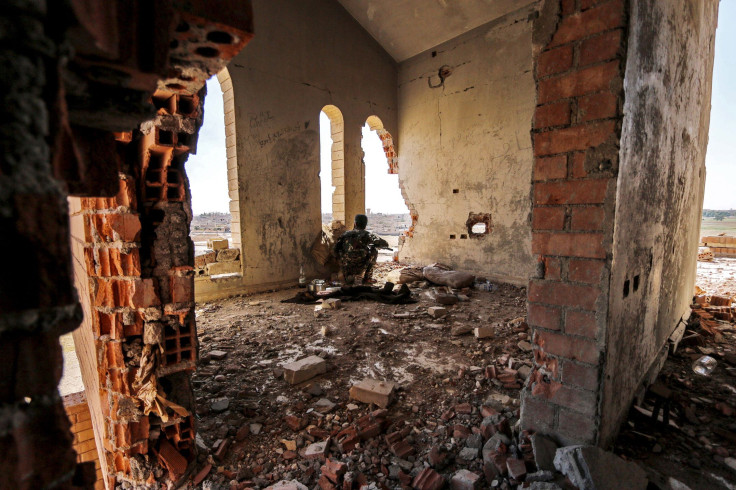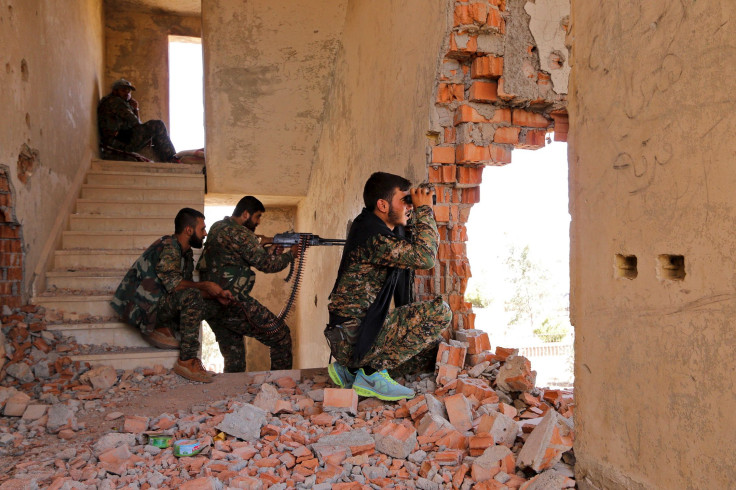Amnesty Alleges 'Wave Of Forced Displacements' In Northern Syria By US-Backed Kurdish Forces

Members of the Kurdish Democratic Union Party (PYD), who are among the most significant partners of the United States in the fight against the Islamic State group in Syria, illegally seized and demolished homes and properties in areas under their control, leading to a “wave of forced displacement,” Amnesty International said, in a report Monday.
The rights group accused the People’s Protection Units (YPG) -- the military arm of the Kurdish-led Autonomous Administration in northern Syria -- of using the pretext of their battle against ISIS to target the local Arab population. The PYD has been in control of the Autonomous Administration in Hassakeh and Raqqa provinces since January 2014.
The YPG, which is considered a terrorist organization in Turkey -- a key regional U.S. ally -- is also part of a new anti-ISIS alliance of Arab and Kurdish groups that was announced Monday.

“While the majority of residents affected by these unlawful practices are Arabs and Turkmen, in some cases, for example in the mixed town of Suluk, Kurdish residents have also been barred by the YPG and Asayish from returning to their homes,” Amnesty said, in its report. Asayish is the Autonomous Administration’s police force.
The report also quoted a witness in the village of Husseiniya in Hassakeh province as saying: “They [YPG] wouldn’t even let us take our clothes out of the house … They pulled us out of our homes and began burning them … Then they brought the bulldozers and they began demolishing the homes … Every time I tried to come near the house they would push me back.”
According to Amnesty, the destruction of homes in the village -- shown in satellite images obtained in June 2014 and June 2015 -- “is not consistent with shelling but rather the demolition of the village.” The images show that of the 225 buildings visible in June 2014, only 14 were still standing by June 2015.
Between July and August, Amnesty’s investigators visited 14 towns and villages in Kurdish controlled areas in northern Syria, according to the report. In 10 of these villages, they found that the local population had been forcibly displaced. In some cases, civilians were also threatened with U.S.-led airstrikes if they failed to leave, the report claimed.
“By deliberately demolishing civilian homes, in some cases razing and burning entire villages, displacing their inhabitants with no justifiable military grounds, the Autonomous Administration is abusing its authority and brazenly flouting international humanitarian law, in attacks that amount to war crimes,” Lama Fakih, senior crisis adviser at Amnesty, said, in a statement accompanying the report.
The report also included a response from a YPG spokesman, who, while acknowledging that some civilians had been asked to vacate, said that it had been done to prevent additional casualties.
“The families that are on the frontline… Who is responsible for them if IS attacks?” Redur Xelil, a YPG spokesman, said. “The better solution is to move civilians away from the frontlines until the situation improves … There is no other solution militarily.”
© Copyright IBTimes 2024. All rights reserved.












